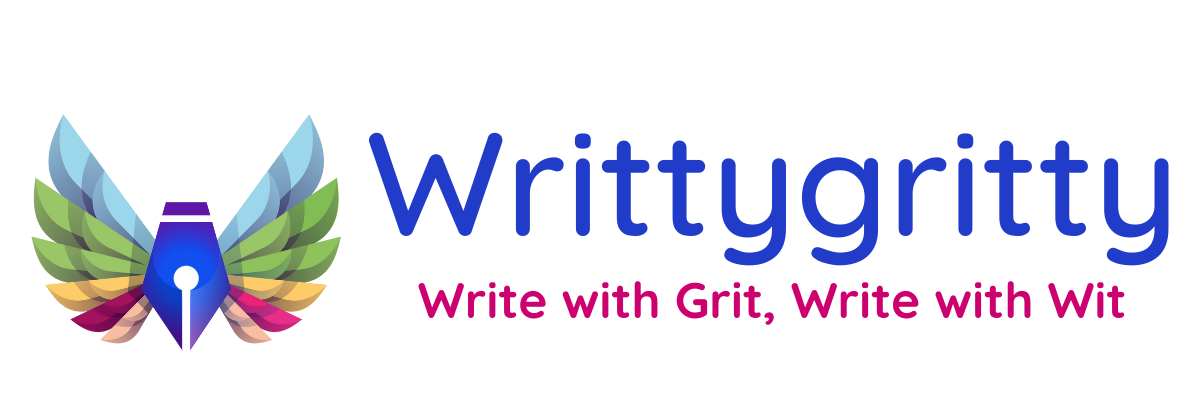
Job interviews are nerve wracking. No matter how prepared you are, it is natural to feel anxious. Imagine, you are dressed in your finest outfit, have your resume ready, flashing a big smile- and just when you think everything is going smooth, comes the curveball; a trick question.
To ace your next interview, do your research ahead of time. You don’t have to overthink over your answers. Luckily, we have got you covered. Go through our guide to answer the most common 15 questions asked in an interview.
1. Tell me about yourself?
“Tell me about yourself?” Not only interviews, most conversations start with this question. And, how you answer it marks your first impression. If you are not quite sure what to say and fumble, you will look apprehensive. If you start narrating all your accomplishments you will look arrogant. Finding the balance between the two is the key. Start with a brief introduction of who you are but don’t get into details about your personal history. Give a brief description about your career path and how you landed this interview. Leave something for imagination.
2. Why do you want to work for us?
Don’t say ‘money.’ When an employer asks this question, they expect to know about the company and why you want to work for them. They want you to tell them what you know about their work and how passionate you are about job roles.
3. How did you hear about this job?
A tip: never say you came to know about this job through a website. Add a personal touch to start the interview on a friendly footing say you heard about this from so-and-so who works in the company. Also, this is your moment to go into details about why you are looking to work in this company. Talk about what motivated you to go ahead with this interview.
4. Tell me about something on your resume.
A trick: don’t give obvious answers. Before interviewing you, your interviewer must have gone through your resume. Don’t tell them something they can already see on your resume. Talk instead, talk about something you are proud of mentioned on your resume. Talk about a specific skill that you learned while working on another job. Talk about what you have learned and how it has helped you grow.
5. Why are you looking for a job?
This question might not seem all important, but trust us, it is. Through these questions employers want to identify people who were either fired from a job or wishing for a career switch or are new in the market. Think before answering. Increasing your diversity in the field is the right thing to say. In case you are currently employed with some organization, you should be ready to answer, “why do you want to quit your job for this one?”
6. Why should we hire you?
Don’t waste your time by saying, “I am easy-going and a team player.” When asked this question, your recruiter is expecting to hear about your valuable skills and what more you can bring to the team. Talk about skills that may be of value to your employer. Be specific, summarize your skill set and give a brief description of your achievements.
Also Read How to Calm Nerves Before an Interview How to Approach Someone on LinkedIn for a Job How To Introduce Yourself In a Job Interview What Is IELTS, And How To Crack It
7. Where do you see yourself in five years?
A trick question. If you are not prepared, this can seem like a hard question. You don’t need to go in deep about your personal life goals, talk about your career goals. Talk about your potential career growth and if you wish to work with the same firm for five years make sure to know about your bosses and subordinates. The aim behind this question is to gauge the depth of your goals and if you are ambitious or not. In case you don’t have a definite answer you can simply answer that you are not sure what the future holds, but you believe this job role will give you a push forward.
8. Have you ever been in a conflict? If yes, how did you handle it?
Conflicts are an undeniable part of any job. When asked, think carefully before answering. Through this question the interviewer aims to understand how efficiently you deal with a conflict. It also helps prove how quick you are on your feet to deal with the conflict. Be prepared with an example to avoid awkward silence. Once you have an example ready, explain the situation and how you will solve it professionally.
9. What is your dream job?
Questions like these gauge how real of a thinker you are. The interviewer is eager to know how ambitious you are and whether the job at the company will help you grow. When talking about your dream job, talk about incentives you wish from a job.
10. What do you expect out of your team?
Are you a team player or a lone ranger? This question aims to understand how much of a team player you are and whether you will fit in with the team. To answer efficiently, make sure to research the company environment beforehand. Go through their social media handle and read reviews to get a better understanding of their company culture.
11. What do you expect from your manager?
All these questions are asked to fathom what kind of employee you would be and what you will bring forward. Be honest while answering this. Chances might be that your future manager is interviewing you. Pull examples from your current manager for an effective answer.
12. How do you deal with stress?
Through this question the interviewer is trying to pin any red flags you might have. Companies look for employees who don’t have an exaggerated reaction during a stressful situation. While answering this, be specific about your coping mechanism. Explain what you do to calm down like taking a short walk or drinking coffee. Answering this question effectively will raise your chances to get hired.
13. What would the first 30 days in this position look like for you?
The hiring manager is aiming to know your efficiency. This question helps the manager fathom the amount of work you will get done in your initial months. Start by asking the information required to get you started and how you can adapt to the new job role. Then move to showcase your best skills and how you would use your knowledge to get the work done.
14. What are your salary requirements?
Some firms ask this question, while some don’t. Keep in mind, in certain places it is wrongful for them to ask your salary at the previous firm. It’s important to tell them that you expect to be paid fairly according to your worth and skills.
15. Do you have any questions?
The last question but the most significant question you will always be is if you have any question for them. This is the golden chance to stand out in front of your recruiter. Even if you feel there is nothing to ask, there is always something that you can ask. To avoid looking dumb, prepare three to five questions before appearing for the interview. Many recruiters say they love when the candidates ask them questions.
Keep a mental note of these 15 questions and answers before appearing for an interview. You can rest easy and feel confident about cracking the interview.



